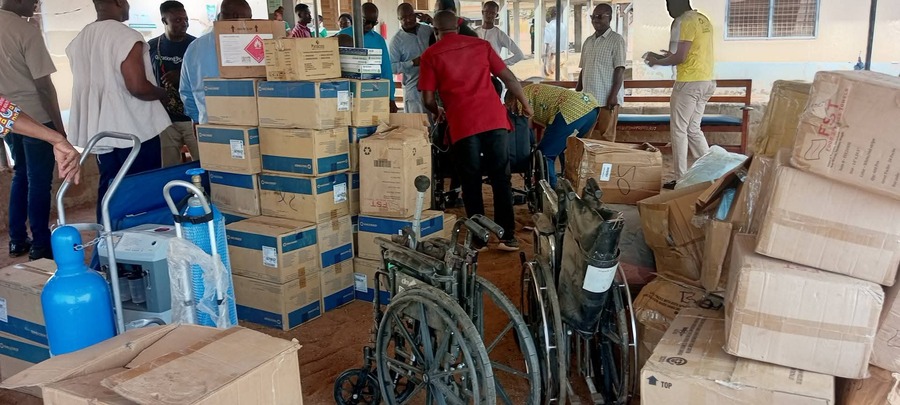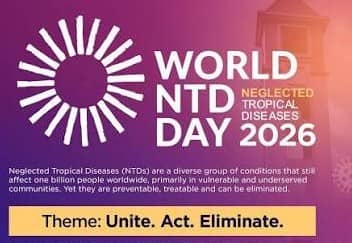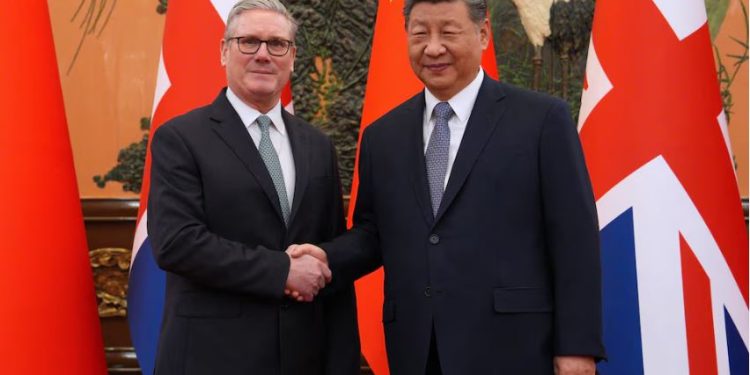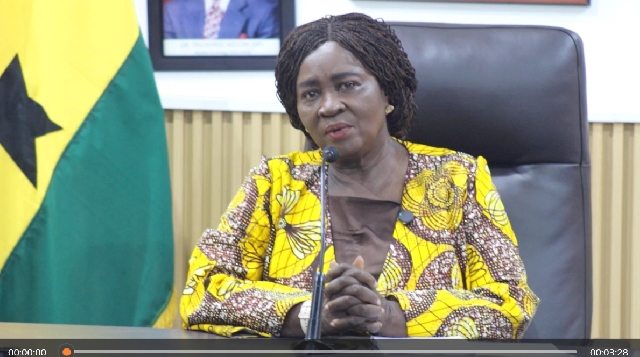The Phase II of the Planting for Food and Jobs Programme seems to have ambitious goals for job creation. With 1.2 million farmers enrolled in the first year and an annual average of 210,000 new farm-related jobs expected in the next four years, it shows a dedication to boosting employment opportunities in the agricultural sector. This initiative has the potential to provide significant support for rural communities and contribute to the overall development of the country’s economy. Apexnewsgh.com report
According to the president, it is estimated that approximately 420,000 jobs related to the agricultural value chains will be excluded annually over the same period.
The second phase of the program aims to build on the achievements of the initial program and is a five-year plan to transform agriculture in Ghana. The focus will be on modernization, achieved through the development of specific commodity value chains and increased involvement of the private sector.
President Akufo-Addo emphasized that the second phase takes a comprehensive approach and places a stronger emphasis on value chain strategies. It aims to strengthen the connections between various actors involved in eleven selected agricultural commodity value chains, which are broadly categorized into grains, roots and tubers, vegetables, and poultry.
The president announced that phase two of the programme aims to enhance service delivery for maximum impact. The direct input subsidy will be replaced with smart agricultural financial support in the form of comprehensive input credit, including in-kind payment options.
The new phase will also introduce an input credit system, granting farmers access to seeds, fertilizers, pesticides, and other support services to increase productivity and yield. Additionally, storage infrastructure and logistic hubs will be established to improve storage and distribution, reducing post-harvest losses.
To improve farmer access to markets and guarantee fair prices, off-taker arrangements/commodity trading will be implemented. Furthermore, a digitized platform will be introduced for management, monitoring, and coordination to enhance the program’s efficiency and effectiveness.
This initiative was originally launched by President Akufo-Addo on April 19, 2017, in Goaso, Ahafo region. It represents the government’s commitment to modernize agriculture, improve production efficiency, ensure food security, and enhance profitability for farmers.
The focus was primarily on enhancing agricultural productivity and expanding agro-processing and market development. The initial phase of the plan has yielded positive outcomes, benefiting over 2.7 million farmers and other stakeholders across various sectors. This has led to a more reliable food security situation, with self-sufficiency in key crops like maize, cassava, and yam. Furthermore, the agricultural sector has experienced significant growth, with an average annual growth rate of 6.3% between 2017 and 2021, compared to 2.7% in 2016.
President continued that, as a result of this, the “government has, thus, been able to achieve the annual target of six percent (6%) of sector growth, set under the Malabo Declaration to which Ghana is a signatory, increased fertiliser application rate from eight kilogrammes per hectare (8 kg/ha) in 2016 to twenty-five kilogrammes per hectare (25 kg/ha) in 2022, an increased distribution of certified seeds from two thousand metric tons (2,000 MT) in 2016 to thirty-six thousand metric tons (36,000 MT) in 2022 and an increased private sector investment in the seed industry”.
“a recent summit, organised by the United Nations on the need to build country food systems in September 2021 in New York and at the AU Dakar II Summit in January 2022, underscored the need for the review of strategies for delivering solutions to challenges in the agricultural sector” as such “it is praise-worthy that Ghana has responded to the call to action at both Summits by rolling out the Second Phase of the PFJ Programme”.
He further assured: “I continue to give you my pledge that farmers, food crop farmers, fish farmers and livestock farmers will all have the support and respect they deserve from my government. We need to raise agriculture to a higher plane to be able to improve on the quality of life for our people”
Source: Apexnewsgh.com/Ghana
For publication please kindly contact us on 0256336062 or Email apexnewsgh@gmail.com











